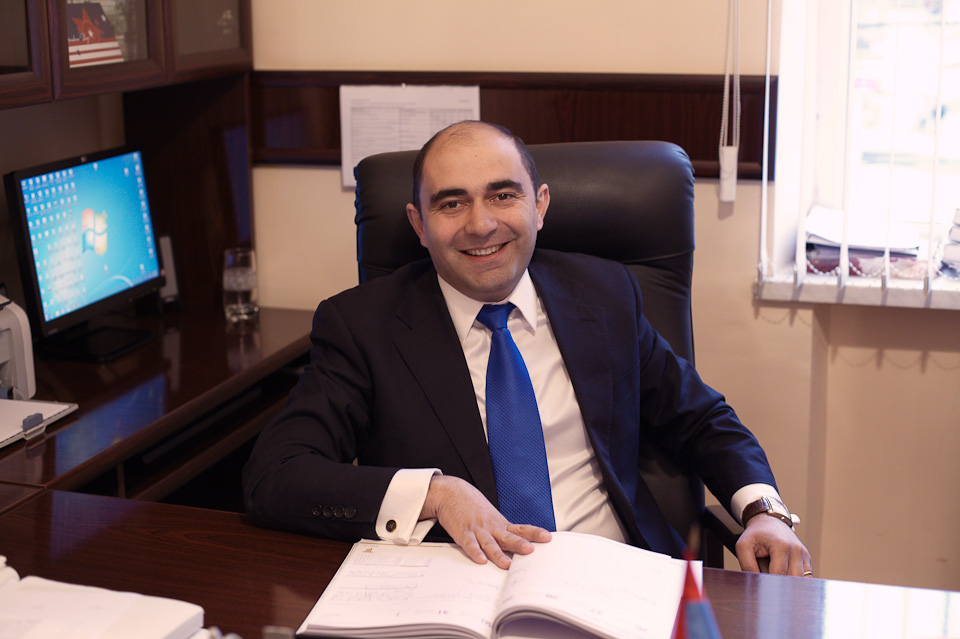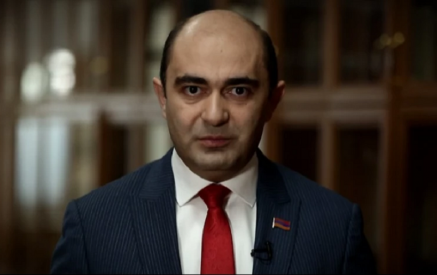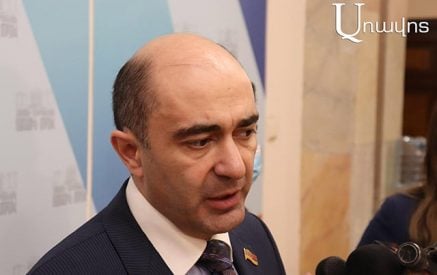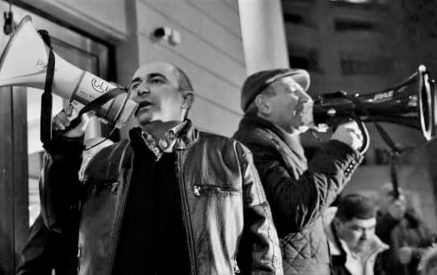Today is Human Rights Day. www.aravot.am inquired of Edmon Marukyan, a member of the National Assembly and a former counselor, how he would assess the state of human rights protection in Armenia. He replied: “There is no grade to give like B, A or C. There are problems with regard to human rights, and the most important thing is that efficient mechanisms of protecting human rights have not been devised yet. So human rights are violated in all countries, but compared to the developed countries, the difference is that they have mechanisms of protecting those rights and the mechanisms in our country are not efficient yet. Therefore, we have a task of not only protecting, but also punishing the perpetrator; that is why cases go beyond the national jurisdiction and enter the European Court of Human Rights or say the UN committees. Therefore, my only concern is not having mechanisms. Human rights can be violated, but the citizen must be sure that if he turns to the court, his rights will be protected, the perpetrator will be punished by the court. The problem is this, and the rest is just secondary on which one shouldn’t focus.”
Edmon Marukyan said that knowing that he was a human rights advocate, citizens applied to him for help with legal issues, from problems concerning personal rights to state bureaucracy.
In response to our question how he would assess Human Rights Defender Karen Andreasyan’s work, Edmon Marukyan said: “I am not supposed to assess Karen Andreasyan’s work. Karen Andreasyan’s work should be assessed by our citizens who apply to him considering what assistance he gives as the Human Rights Defender. In my opinion, it is an institution that works based on reputation. The better reputation it has, the more efficient it will work, the more the press, state bodies besmirch its reputation, the less efficient its activities will be.”
Read also
Edmon Marukyan thinks that the system of government is more transparent, if we compare it with that of last year, “The state institutions have become more sensitive both to the criticism in the press and to the criticism of civil society – NGOs, activists.”
In response to our question whether Zaruhi Postanjyan was right that he had become pro-government, he praised, how he had noticed that the state bodies had become more sensitive, he gave an example: “The freshest example is the YouTube video regarding the police. If the police hadn’t been sensitive to that, there might have been no response. They
could have just said that they had reprimanded him. However, those people have undergone the strictest punishment; they have been dismissed. Or the appointment of the Khosrov Reserve director.”
Hripsime JEBEJYAN


























































